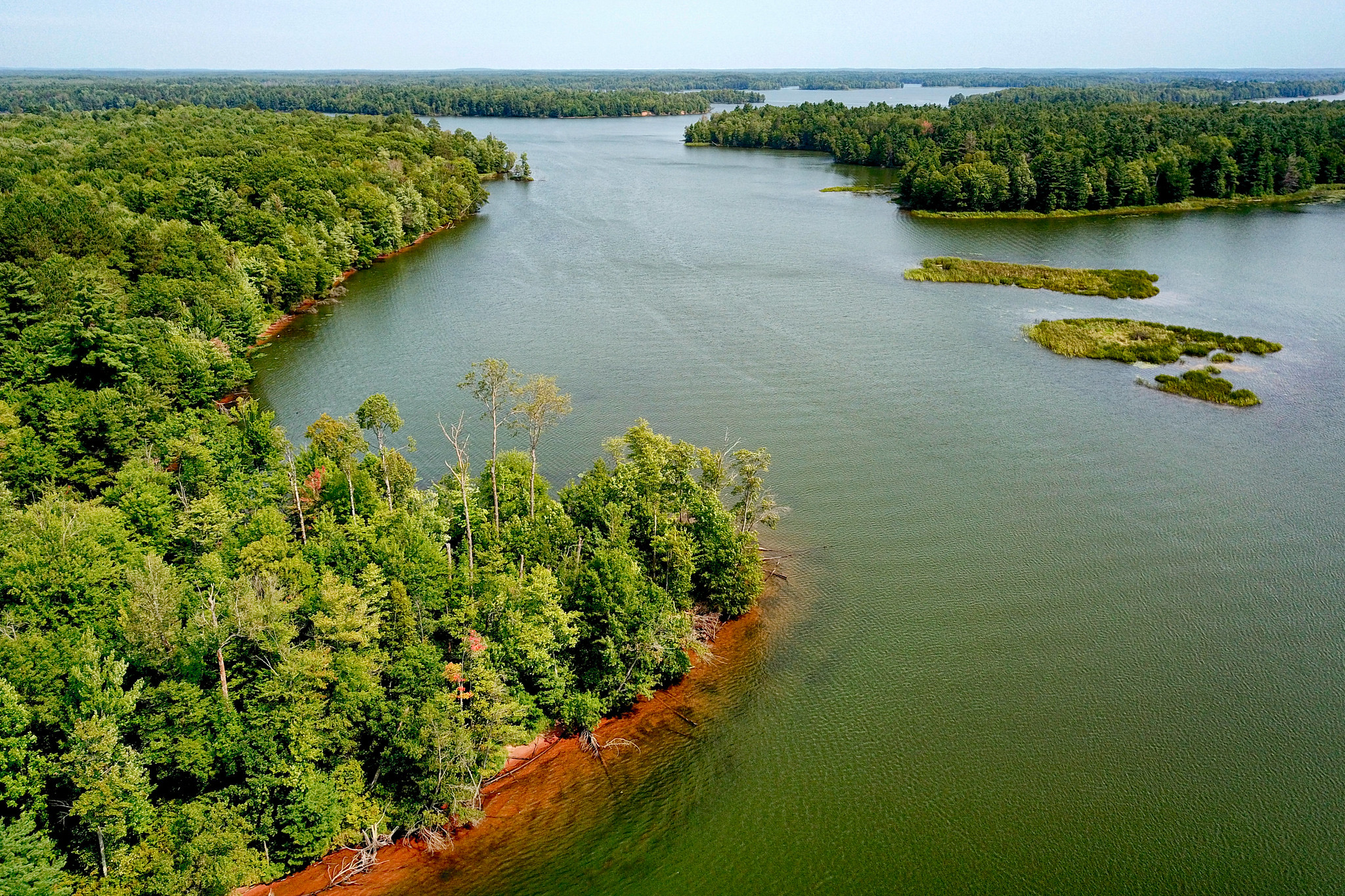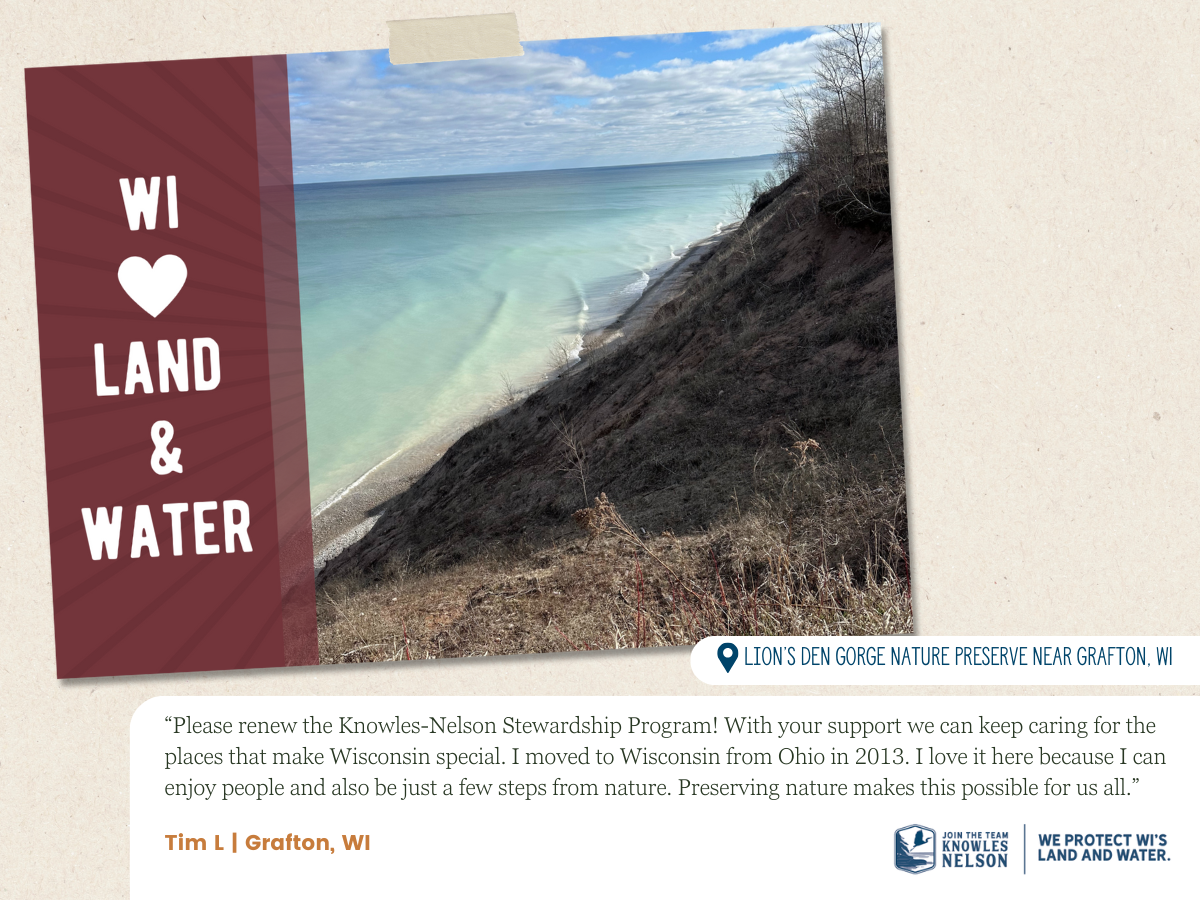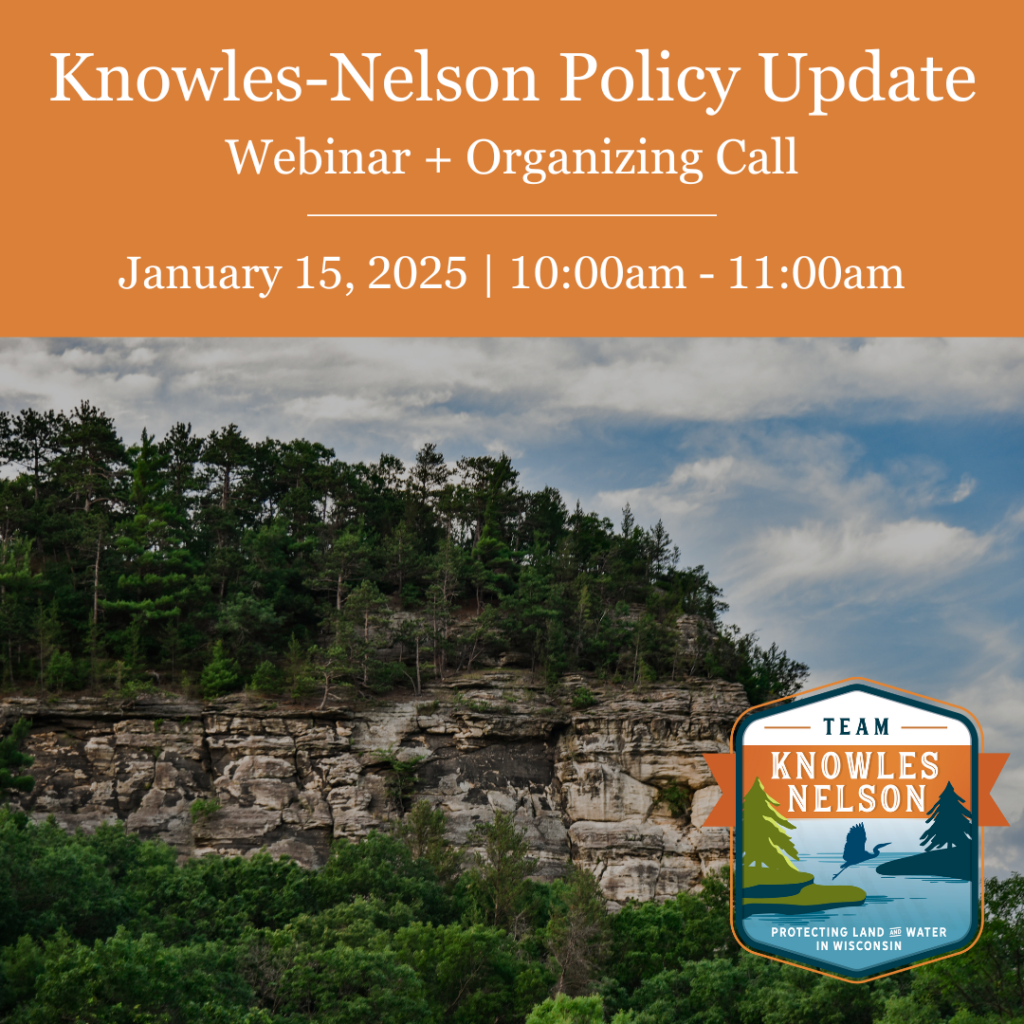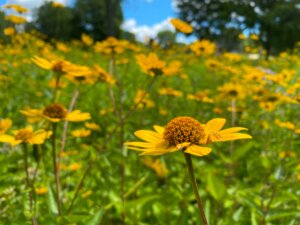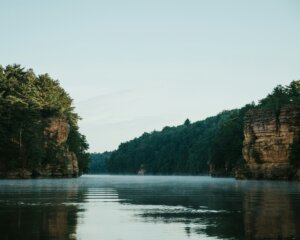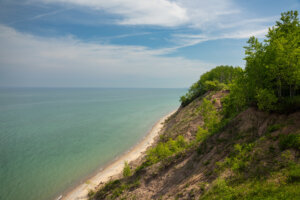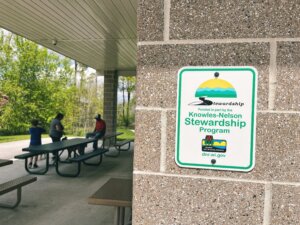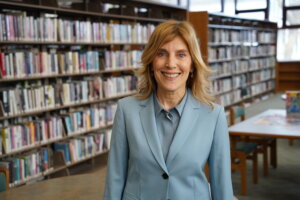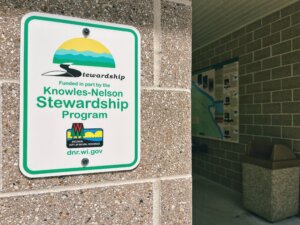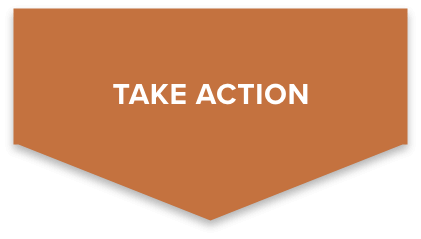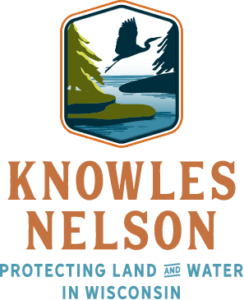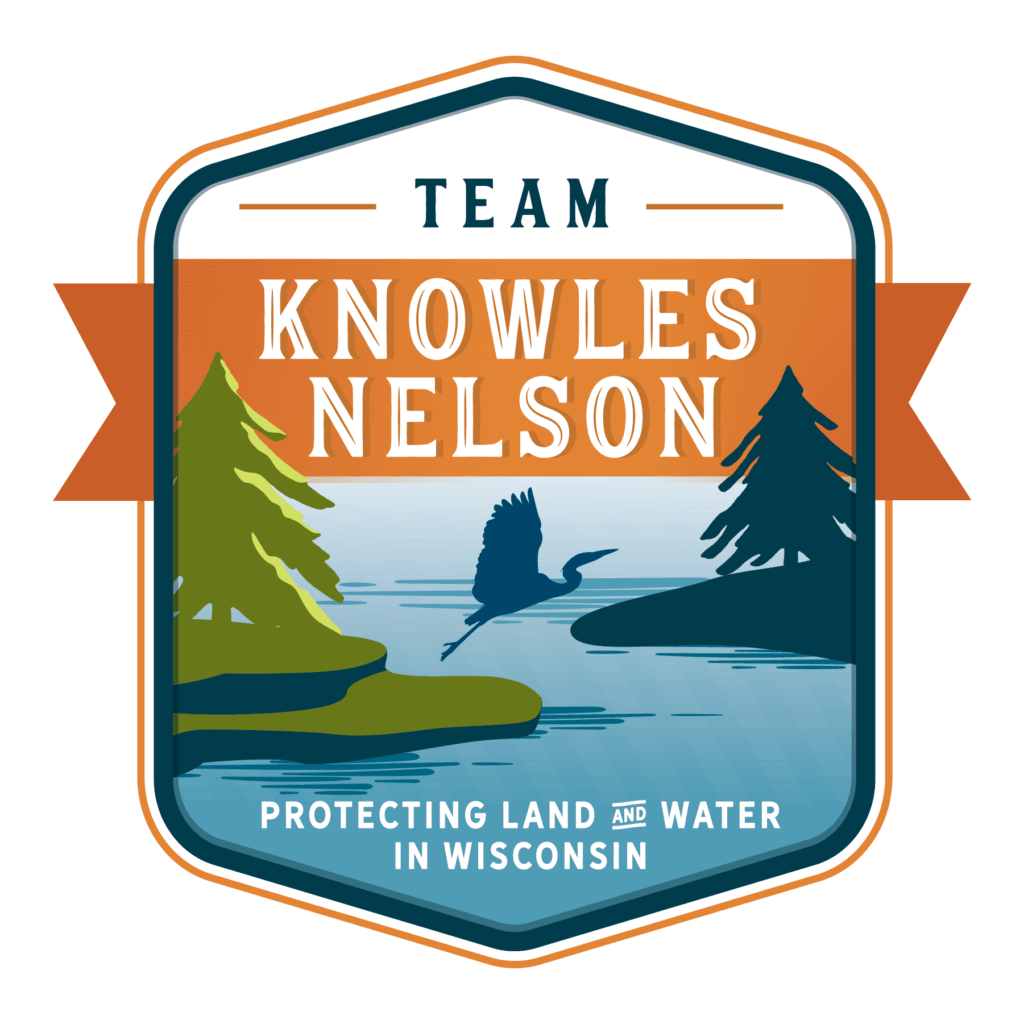The end of the year is upon us, and we are busy gearing up for the legislative session, which will begin in early January. We’re working hard to ensure that legislators understand the critical importance of renewing the Knowles-Nelson Stewardship Program in 2025. Without renewal, Wisconsin would lose its largest source of funding for land conservation and outdoor recreation. Let’s work together to ensure we can continue caring for our land, water, and wildlife.
What can you do right now? Send a Knowles-Nelson postcard!
Visit Postcards.KnowlesNelson.org to create a personalized postcard to send to your legislators. It only takes a minute. We’ll print your postcard and mail copies to the governor, your assembly representative, and your state senator. Let’s make sure the first pieces of mail our legislators receive in the new year are Knowles-Nelson postcards!
What else can you do right now? Register for Knowles Nelson Lobby Day!
Join us on March 12, 2025, for the first Knowles-Nelson Lobby Day. Conservation supporters from across the state will visit the Capitol and tell legislators: renew Knowles-Nelson, for Wisconsin.
Never attended a lobby day? Never spoken with legislators in their offices? Don’t worry, you’ll be part of a supportive community of fellow Wisconsinites who share your values. We’ll handle all the logistics, from scheduling meetings to providing materials, and we’ll teach you how to deliver a concise, persuasive message to legislators.
Lobby Day participation, including breakfast and lunch, is free. Register now at KnowlesNelson.org/LobbyDay.
Want to deepen your involvement? Stay for the 2025 Wisconsin Land Trust Conference on March 13-14, where you’ll connect with land trust staff, board members, and conservation leaders from across the state. Learn more about the conference here.
What can you do in the new year? Save the Date for January’s Live Policy Update with Gathering Waters’ Staff
Join fellow Knowles-Nelson supporters on Wednesday, January 15, 2025, at 10:00 am for a live webinar focused on how Capitol politics and the Knowles-Nelson campaign are shaping up.
As we enter a crucial year for conservation funding, we’ll map out our path to securing Knowles-Nelson reauthorization in the 2025 state budget. We’ll share updates on key legislative dynamics, review successful outreach tactics, and discuss immediate next steps.
Everyone is invited to attend. Join us and become a Knowles-Nelson expert.
RSVP here to receive the Zoom link.
Let’s Talk About Bonds: How Knowles-Nelson is Funded
We sometimes hear critics of Knowles-Nelson, or people just concerned about the state’s financial health, question the use of bonds to fund the program. Let’s take a look:
Like other long-term state investments (buildings and road construction, for example) Wisconsin funds Knowles-Nelson primarily through bonds. Think of bonds as a mortgage for public projects. Instead of paying the full cost upfront, Wisconsin borrows money today and pays it back over time. This allows us to protect important places now, while spreading the cost across the many years people will enjoy them and those places will work for us. If we conserve a wetland today, for example, it will filter water, mitigate floods, and provide wildlife habitat for as long as we keep that land conserved.
Let’s look at the numbers. Governor Evers is expected to propose investing $100 million per year into Knowles-Nelson. For a $100 million bond, Wisconsin pays about $8 million each year in repayment costs. That means after one year, we get $100 million in conservation benefits for $8 million in costs. After five years, that’s $500 million in protected lands and recreational areas for $40 million in annual costs. These bonds are paid off over 20 years, spreading the investment across generations.
It allows us to invest in our natural resources now and spread the cost out over a longer period of time. We do the same thing with highways and public buildings. A highway might last for 50 years. Maybe a school building lasts for 100 years. Nature lasts forever as long as we don’t mess with it. So the investments we make in nature will just get more valuable over time, paying us back year after year. Knowles-Nelson currently costs just under $11 per resident per year, including both new projects and paying off previous bonds. It’s not nothing, but we think $11 is a steal in exchange for protecting Wisconsin’s special places and building the infrastructure we need to enjoy them.
The Wisconsin Policy Forum recently reported that overall debt levels in Wisconsin are the lowest they have been in a generation, and the state’s multi-billion dollar surplus means we have some flexibility to make wise investments. Let’s do what we can to make Knowles-Nelson one of those wise investments our state chooses to make in 2025.
Key Moments: Looking Back at 2024
2024 marked a transformative year for Wisconsin conservation, with several major victories and developments shaping the future of the Knowles-Nelson Stewardship Program:
January: Governor Evers announced the protection of Pelican River Forest in his State of the State address – the largest forest conservation effort in state history. After grassroots advocacy from a diverse coalition including conservationists, ATV riders, hunters, and tribal nations, nearly 70,000 acres of forests and wetlands were permanently protected through a partnership with the Biden Administration and The Conservation Fund.
April: The Wisconsin Supreme Court heard oral arguments in Evers v. Marklein, which challenged the Joint Finance Committee’s practice of allowing anonymous objections to block Knowles-Nelson projects. Gathering Waters joined the Department of Justice as an intervenor to present arguments about the real impacts of these arbitrary vetoes on conservation work.
July: The Wisconsin Supreme Court delivered a decisive 6-1 ruling that eliminated anonymous legislative vetoes over Knowles-Nelson Stewardship Program grants, restoring the Department of Natural Resources’ ability to efficiently process conservation projects. Justice Rebecca Bradley’s majority opinion marked a clear rebuke of legislative overreach.
September: The DNR submitted a budget request to reauthorize the Knowles-Nelson Stewardship Program at $100 million in annual funding over the next decade. While this represents a significant increase from current funding of $33.25 million, it would provide less purchasing power than the program had in 2007 due to rising costs.
October: For the first time in years, the land trust portion of the Knowles-Nelson Stewardship Program became fully subscribed just five weeks into the fiscal year, demonstrating the strong pent-up demand for conservation funding now that legislative roadblocks have been removed.
November: Elections reshaped the legislature and Joint Finance Committee, with Democrats gaining seats in both chambers and several key JFC members departing, including Senators Felzkowski, Stroebel, and Ballweg.
We hope you all have a wonderful holiday season. We’ll be back after the Solstice and New Year, celebrating longer days and rolling up our sleeves on behalf of all the places that make Wisconsin special.
Stewardship In The Spotlight
Check out a few recent Knowles-Nelson success stories. Explore more projects across Wisconsin on our interactive map at KnowlesNelson.org.
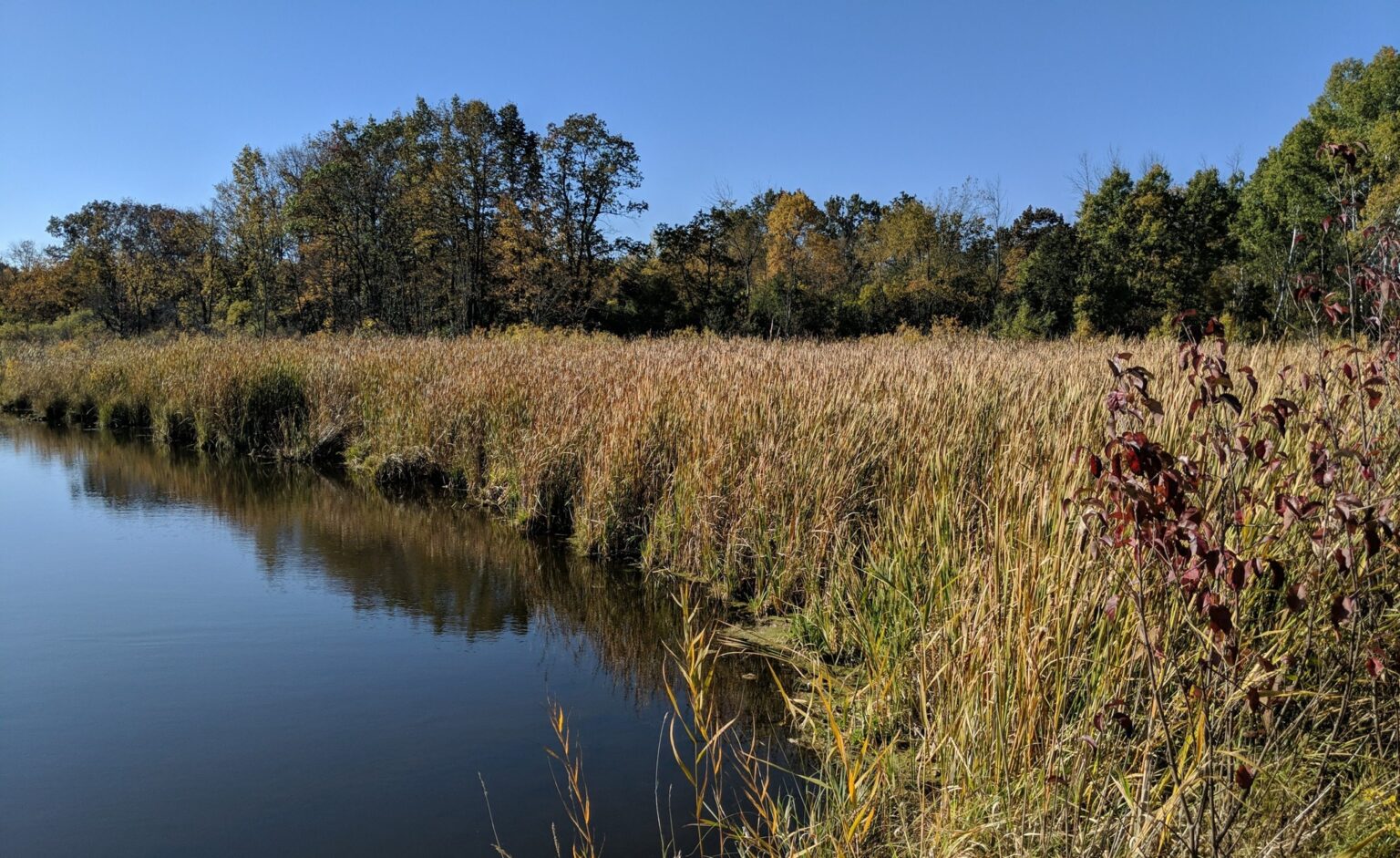
Rural Heritage Lives On in Washington County: Tall Pines Conservancy’s Metz Preserve
Tall Pines Conservancy receives its first Knowles-Nelson grant to protect 84 acres of historic farmland along the Oconomowoc River.

From Cold War to Conservation: Wood Duck Reserve at Richard Bong State Recreation Area
Bong Naturalist Association, Ducks Unlimited, & Kenosha Unified School District partner to expand recreation area.
Upcoming Opportunities
Wisconsin Forests at Risk: Engaging Wisconsinites in Another Century of Forest Conservation
January 15, 2025 | 12:00-1:00pm
Virtual webinar via Zoom. Register here.
Wisconsin’s Greenfire’s expert panel will discuss key threats to Wisconsin’s forests and our forest-based economy and share opportunities for action on forest conservation. This interactive webinar will be a forum to share experiences and ideas to address the challenges facing our forests.
Everyone who cares about the future of Wisconsin’s forests is welcome to be a part of this conversation. Help WGF plan and shape the next century of forest conservation in Wisconsin!
Register via Zoom here. The webinar will be recorded.
Featured image by Andrew Flenniken, 2021

